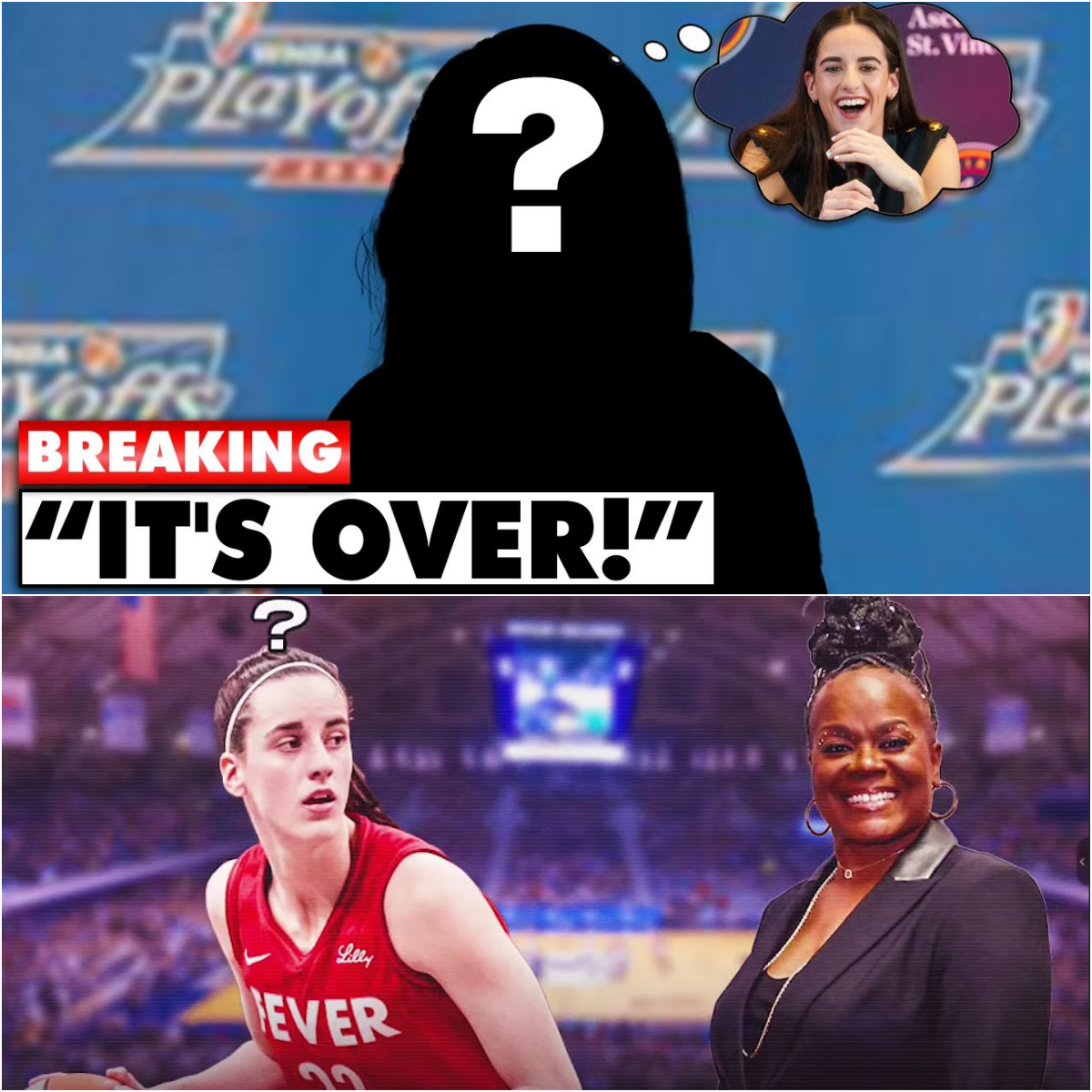The incident involving Caitlyn Clark and the WNBA Rookie of the Year vote, which saw Cheryl Swoopes voting for Angel Reese instead of Clark, has sparked significant controversy. With Clark dominating the season, securing 66 out of 67 first-place votes, fans were stunned by the one dissenting vote, leading to speculation about Swoopes’ motives.
Swoopes, a WNBA legend, had long been seen as an influential figure in women’s basketball, but her decision to back Reese over Clark has drawn heavy criticism. Fans accused her of not basing her vote on merit, but rather on race and personal biases. Swoopes had previously expressed strong support for Reese, aligning herself with Reese’s success in ways that led many to question her impartiality.
The drama intensified as fans and analysts delved deeper into Swoopes’ voting history and comments, with some accusing her of promoting “racial favoritism” over recognizing Clark’s undeniable impact on the court. Clark, who was consistently praised for her stellar performance, including her remarkable averages and her role in bringing the Indiana Fever to their first playoff appearance in years, has been a focal point in women’s sports. However, the controversy has overshadowed her success, turning the spotlight toward broader conversations about race, merit, and the politics of sports voting.
Swoopes’ decision not only led to her firing but also opened up a wider discussion about race relations in the WNBA. The debate has been further inflamed by comments from basketball icons like LeBron James, who publicly defended Clark’s talent and her impact on the game, dismissing any racial underpinnings behind her rising stardom.
As the dust settles, fans and athletes alike are left to ponder the implications of this divisive vote and how it may shape the future of not just WNBA politics but the broader landscape of women’s sports. For now, Caitlyn Clark continues to shine on the court, with her sights set on the future, unfazed by the off-court controversies swirling around her.
